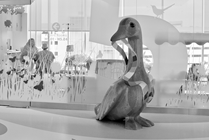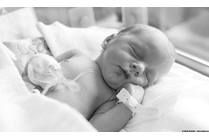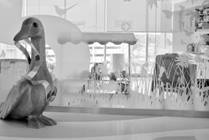Search Results
Viewing: 841-850 of 1460 | All

Blog
Insect Repellent (Bug Spray) for Kids: What Parents Should Know
Bug bites are not just annoying—they can be harmful too. Some bugs carry germs that can make people sick. Using insect repellent helps keep bugs away, so your child can play safely.

Blog
Salmonella: What Parents Need to Know
While salmonella can be unpleasant, a little knowledge goes a long way in keeping your family safe. And as always, good hygiene and food safety habits are your best defense!
Pseudotumor Cerebri (PCT)
Pseudotumor cerebri (PTC) is also known as idiopathic intracranial hypertension (IIH). It is a disease that causes increased pressure in the brain.
Menstrual Dysfunction in the Athlete
Many things can cause changes in hormone levels. These changes can lead to irregular or missed periods, especially in athletes.

Condition
Recurrent Respiratory Papillomatosis (RRP)
RRP is caused by the Human Papilloma Virus (HPV), which is a highly prevalent virus.

Blog
Brachial Plexus: What You Need to Know About This Childbirth Complication
Each year during the delivery process, about one out of 1,000 babies sustain injury to a network of nerves in their neck called the brachial plexus. Here are the most common questions the experts at our Brachial Plexus Program hear from parents.

Condition
Ependymoma
Ependymomas are a type of a tumor that form in the brain or spinal cord (central nervous system) as a result of abnormal growth of ependymal cells.

Blog
Holiday Candles: Tips to Keep Your Family Safe
Candles are often used at this time of year – for religious or cultural celebrations or to make the house smell nice. Many families have traditions around holiday candles and most children are eager to participate in the lighting festivities – but when can they safely do so? Ultimately,

Condition
Tennis Elbow
Lateral epicondylitis (Tennis Elbow) is a painful inflammation of the bony bump on the outside of your elbow.

Condition
Abdominal / Duplication Cysts
Abdominal cyst is a general term used to describe a rare, congenital birth defect that causes an irregular mass of tissue to grow in a baby’s abdomen. Growths can appear anywhere along the gastrointestinal tract or reproductive organs like the ovaries. Surgery is the most common treatment for cysts.
